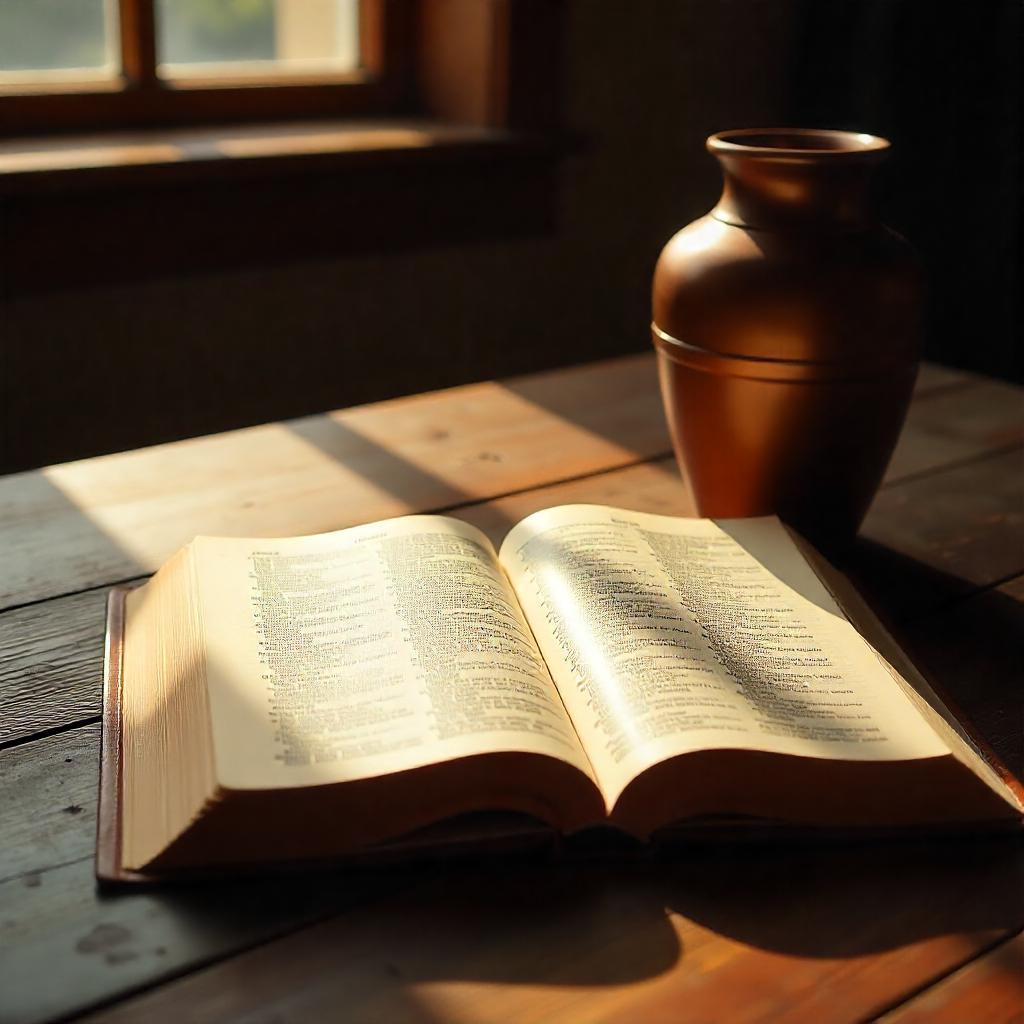
Is Cremation a Sin? Understanding Faith, Belief, and Modern Choices
Share
When the time comes to make final arrangements for a loved one, families often face a difficult and emotional question — Is cremation a sin? This question is deeply personal, touching on faith, tradition, and how we choose to honor life after death. For many people of faith, cremation raises moral and spiritual concerns about whether this method of handling the body aligns with religious values.
Let’s explore this sensitive topic through scripture, tradition, and thoughtful reflection, to understand whether cremation is truly a sin — and how modern believers can approach this choice with peace and clarity.
Understanding Cremation
Cremation is the process of reducing the human body to ashes through high heat. It has been practiced for thousands of years across different cultures and religions. In ancient times, cremation symbolized purification, transformation, or a spiritual journey. However, in many faith traditions — especially Christianity, Judaism, and Islam — burial became the dominant practice, reflecting respect for the body as a creation of God.
As cremation becomes more common today, many believers wonder whether choosing this method dishonors their faith. The good news is that cremation itself is not inherently sinful. What matters most is the intention, respect, and faith behind the decision.
What Scripture Says About Cremation
When we turn to the Bible, we find no direct commandment that forbids cremation. The Bible mentions many instances of burial, but not as a moral rule — rather, it was simply the custom of the time. Throughout Scripture, figures like Abraham, Sarah, Isaac, Jacob, and Jesus were buried, setting a strong example of reverence for the body.
However, there are also examples where bodies were burned, either due to disease, war, or necessity. None of these passages declare cremation as a sin. The key message from Scripture is that the body is temporary, but the soul belongs to God. Our physical form returns to dust, whether by natural decay or through fire.
Faith teaches that God is all-powerful — He can resurrect the body regardless of what happens to it after death. Whether buried or cremated, believers hold onto the same eternal hope: that the soul continues to live in the presence of God.
Why Burial Became the Tradition
The long-standing preference for burial among Christians is rooted in symbolism. Burial represents the belief in resurrection — that just as Christ was laid in a tomb and rose again, so will those who follow Him. Laying the body to rest in the earth symbolizes planting a seed that will one day be raised to eternal life.
This imagery is powerful and comforting, which is why many faith communities still encourage burial. It reflects respect for the body, acknowledges the sacredness of creation, and reminds loved ones of the promise of resurrection.
However, this preference does not mean cremation is sinful. It simply reflects tradition, not divine command. Choosing cremation does not deny faith or resurrection; it is another way to care for the remains of someone loved and cherished.
Why Some People Believe Cremation Is Wrong
Even though cremation is not labeled as a sin in Scripture, some believers still struggle with the idea. There are a few reasons for this hesitation:
- Symbolism of the body – Many Christians view the body as a temple of the Holy Spirit. Burning it may feel disrespectful or inconsistent with this belief.
- Cultural associations – Historically, cremation was practiced by non-Christian cultures, leading to associations that made early Christians wary.
- Misunderstanding of resurrection – Some people fear that cremation interferes with resurrection, though faith teaches that God’s power transcends any physical limitation.
- Emotional discomfort – For many families, cremation feels emotionally difficult. Burial provides a tangible place to visit and grieve, while cremation may seem too final or abstract.
These concerns are valid, but they stem more from personal conviction and cultural tradition than from spiritual law.
Faith and Freedom in Choosing Cremation
The beauty of faith is that it allows for freedom when no clear command exists. When Scripture does not directly forbid something, believers are encouraged to make choices guided by love, conscience, and respect.
If a family chooses cremation, it can still be done with deep reverence and faith. Many people hold meaningful memorial services, scatter ashes in sacred places, or keep cremation urns in a way that honors their loved one’s memory.
Cremation can also be a practical choice — it is often less expensive, requires less land, and can make travel or relocation of remains easier for families living in different places. The key is not the method itself, but the heart behind it.
If cremation is chosen prayerfully, respectfully, and in harmony with faith, it cannot be considered sinful.
Views Across Different Faiths
While Christianity allows freedom of choice, other religions hold varied positions on cremation:
- Judaism and Islam generally forbid cremation, as both faiths emphasize burial and the sanctity of the body.
- Hinduism traditionally embraces cremation as a way to release the soul from the body and aid spiritual liberation.
- Buddhism views cremation as an act of impermanence, aligning with the belief that life is constantly changing.
Recognizing these differences reminds us that the meaning of cremation depends greatly on culture and belief, not universal moral law.
How to Make a Faithful Decision
When facing the decision between burial and cremation, consider the following steps to ensure your choice reflects faith, respect, and family values:
- Pray and reflect – Seek God’s guidance. Faithful decisions begin with peace in the heart.
- Discuss with family – Talk openly about your wishes or those of your loved one to avoid confusion later.
- Consult spiritual leaders – If you’re uncertain, ask your pastor, priest, or faith advisor for insight.
- Honor the body – Whether through burial or cremation, treat the remains with care and dignity.
- Celebrate life and faith – Plan a meaningful memorial or service that expresses hope, love, and eternal life.
What truly matters is that the decision aligns with the values of faith, respect, and remembrance.
The Hope Beyond Death
At the heart of this question — Is cremation a sin? — lies a deeper truth: faith in resurrection and eternal life. Whether a person is buried or cremated, the promise of life after death remains the same. The soul does not depend on the condition of the body; it belongs to God, who created it.
Choosing cremation does not separate us from that promise. What matters most is how we live, love, and believe. The way our remains are cared for is simply an earthly detail, while our faith points us toward an eternal home beyond this world.
Conclusion
So, is cremation a sin? No. Cremation is not a sin according to Scripture. It is a personal and faith-based decision that should be made thoughtfully, prayerfully, and respectfully. While burial remains a cherished tradition symbolizing resurrection and hope, cremation can also reflect faith and love when carried out with sincerity and reverence.
Whether one chooses burial or cremation, both can honor the same truth: that life is sacred, death is not the end, and every person deserves to be remembered with dignity and peace.
Ultimately, the question is not about fire or earth — it’s about faith. And faith assures us that, no matter how our bodies return to dust, our souls remain eternal in the hands of God.
Our More Related Articles -
Understanding the Different Types of Funeral Traditions in US: A Journey Through American Farewells
Who Has the Right to Ashes After Cremation? Understanding Legal and Emotional Aspects
Colors of Mourning Around the World | Global Funeral Traditions
Cremation and Catholic Doctrine: Understanding Faith, Funerals, and Modern Practices
Facts About Cremation Ashes: Myths, Meaning & Common Questions
